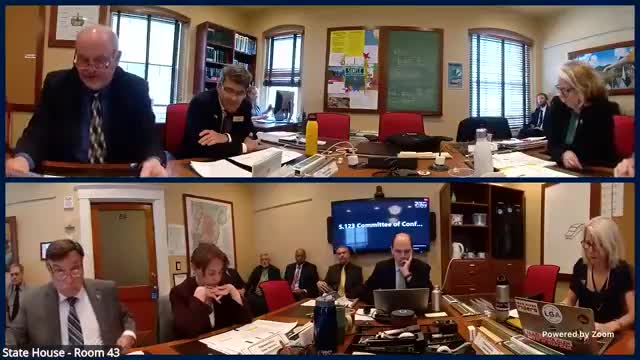Article not found
This article is no longer available. But don't worry—we've gathered other articles that discuss the same topic.
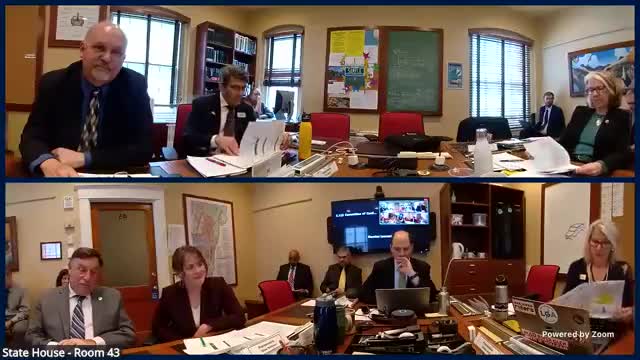
Panel pauses window‑tint enforcement change, asks for cost and enforcement study before moving forward
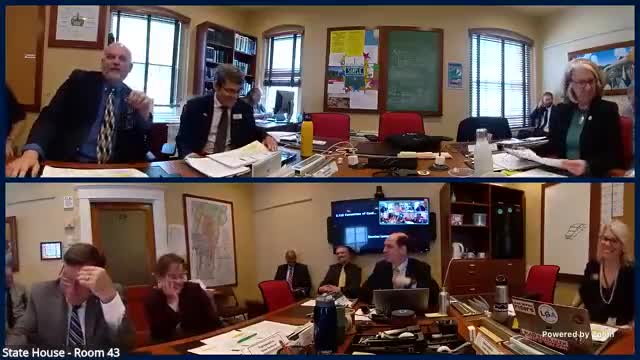
Panel debates using T Fund or DMV budget for reduced renewal fees for low‑income residents
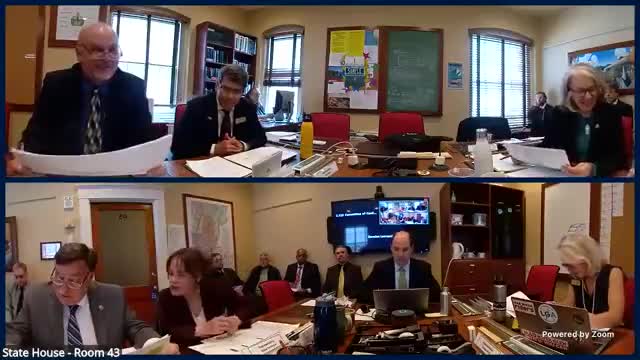
Committee delays legal‑trails authority to April 1, 2026 amid pending litigation and language debate
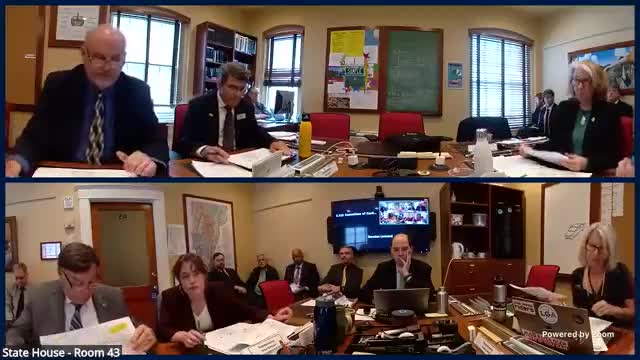
Committee narrows bicycle rules, delays start to allow outreach; municipalities' authority discussed
